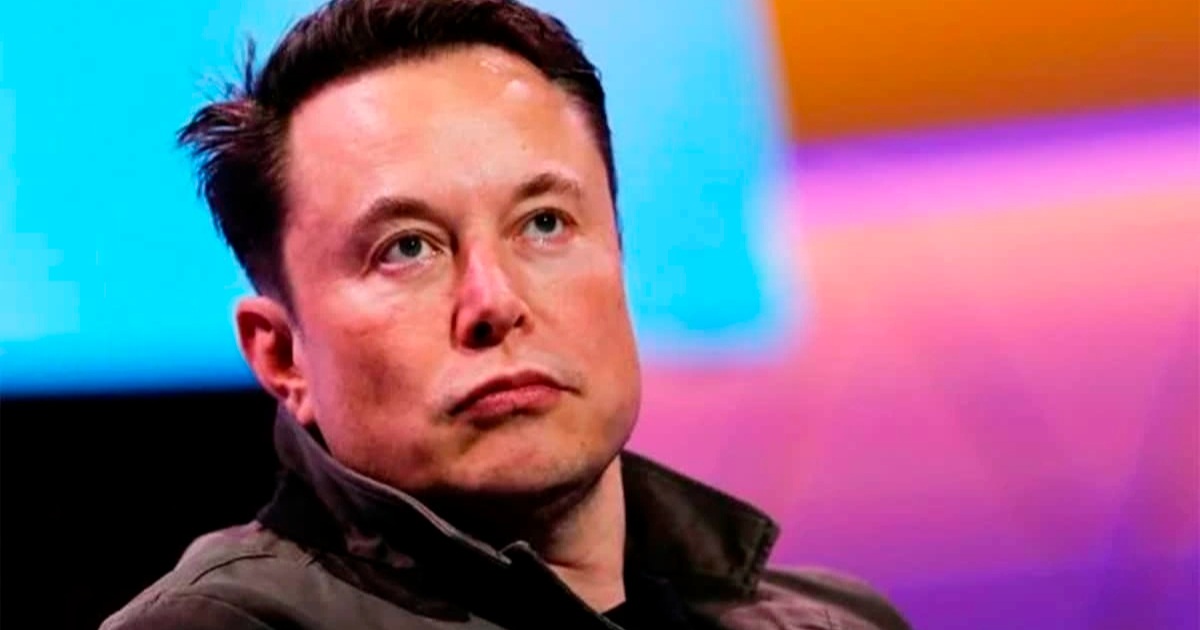 Elon Musk's Alarming Energy Prediction: A Growing Reality – 1
Elon Musk's Alarming Energy Prediction: A Growing Reality – 1
At the Bosch Connected World conference in Berlin, Germany, in late February, Elon Musk issued a stark warning: global electricity demand is surging at an alarming rate, primarily driven by artificial intelligence (AI) and electric vehicles (EVs).
AI, with its data centers, is consuming massive amounts of power, placing a significant strain on the global energy sector. Economist Alex de Vries estimates that by 2027, AI-dedicated servers could consume up to 100 billion kilowatt-hours annually, equivalent to the yearly consumption of a country like the Netherlands.
Millions of electric vehicles, particularly those needing fast charging stations, are also adding immense pressure on existing power grids.
The SpaceX CEO highlighted a critical paradox: “The transition to green transportation, though necessary to reduce greenhouse gas emissions, is straining aging power infrastructure. We’re on the brink of a crisis.”
To avert this, Musk called for a global energy revolution, emphasizing heavy investment in renewable energy sources, prioritizing solar and wind power, diversifying supply, and reducing reliance on fossil fuels. He encouraged the use of photovoltaic solar panels for self-generated energy.
Furthermore, each nation needs to modernize its power grids by building “smart grids” to effectively manage energy flows, balancing supply and demand in real-time, even during peak consumption periods.
Large-scale battery systems to store energy from renewable sources (like wind and solar) are crucial to address the intermittency of these energy sources.
Ultimately, Musk stressed the importance of collaboration among governments, businesses, and individuals to accelerate the energy transition.
While acknowledging that building new infrastructure will require significant time and investment (billions of dollars), Musk remains optimistic, viewing the energy challenge as an opportunity for innovation.



